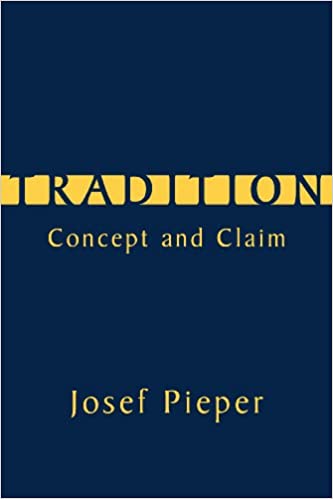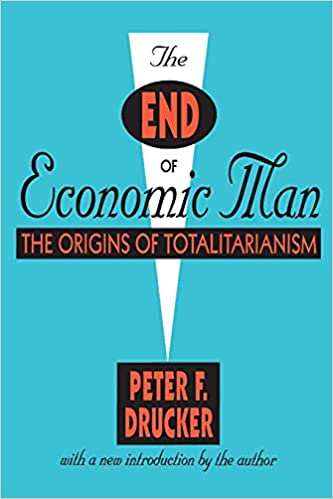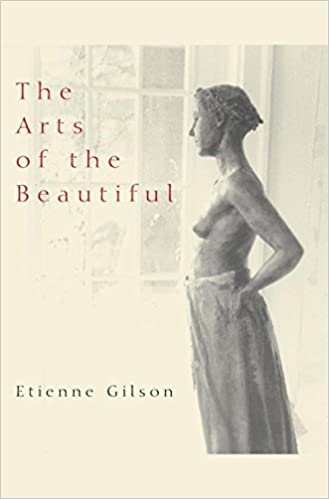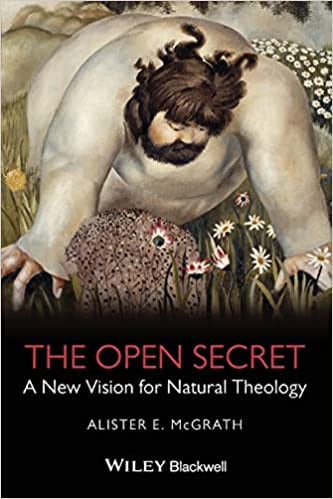Tradition
“This is a profound reflection on contemporary understandings and misunderstandings of what tradition is. Pieper argues powerfully that the modern scientific situation, and the zeal for the new, do not and cannot supersede the human need of tradition if we are to orient ourselves in the world and find meaning. Pieper’s quest for the reconciliation of reason/science with tradition/revelation suggests Thomas Aquinas speaking in the language and context of our time.” – Timothy Fuller, Lloyd E. Worner Distinguished Service Professor, Colorado College
“Josef Pieper, in this lucid translation, shows that tradition is not the same as ‘traditionalism’; nor is it the mindless repetition of a past no longer understood. Rather, tradition is the handing down and the reception, generation after generation, of unchanging truths that originate vin a primal revelation. Pieper shows in a brilliant, paradigm-shifting way, how philosophy, theology, science, and the arts interact with tradition, and how a sense of unchanging sacred tradition is necessary for human community.” – Gene Edward Veith, Patrick Henry College
More info →The End of Economic Man
In The End of Economic Man, long recognized as a cornerstone work, Peter F. Drucker explains and interprets fascism and Nazism as fundamental revolutions. In some ways, this book anticipated by more than a decade the existentialism that came to dominate the European political mood in the postwar period. Drucker provides a special addition to the massive literature on existentialism and alienation since World War II. The End of Economic Man is a social and political effort to explain the subjective consequences of the social upheavals caused by warfare.
Drucker concentrates on one specific historical event: the breakdown of the social and political structure of Europe which culminated in the rise of Nazi totalitarianism to mastery over Europe. He explains the tragedy of Europe as the loss of political faith, resulting from the political alienation of the European masses. The End of Economic Man is a book of great social import. It shows not only what might have helped the older generation avert the catastrophe of Nazism, but also how today's generation can prevent another such catastrophe. This work will be of special interest to political scientists, intellectual historians, and sociologists.
The book was singled out for praise on both sides of the Atlantic, and is considered by the author to be his most prescient effort in social theory.
More info →The Arts of the Beautiful
With his usual lucidity, Etienne Gilson addresses the idea that "art is the making of beauty for beauty's own sake." By distinguishing between aesthetics, which promotes art as a form of knowledge, and philosophy, which focuses on the presence of the artist's own talent or genius, Gilson maintains that art belongs to a different category entirely, the category of "making." Gilson's intellectually stimulating meditation on the relation of beauty and art is indispensable to philosophers and artists alike.
More info →The Open Secret
Natural theology, in the view of many, is in crisis. In this long-awaited book, Alister McGrath sets out a new vision for natural theology, re-establishing its legitimacy and utility.
- A timely and innovative resource on natural theology: the exploration of knowledge of God as it is observed through nature
- Written by internationally regarded theologian and author of numerous bestselling books, Alister McGrath
- Develops an intellectually rigorous vision of natural theology as a point of convergence between the Christian faith, the arts and literature, and the natural sciences, opening up important possibilities for dialogue and cross-fertilization
- Treats natural theology as a cultural phenomenon, broader than Christianity itself yet always possessing a distinctively Christian embodiment
- Explores topics including beauty, goodness, truth, and the theological imagination; how investigating nature gives rise to both theological and scientific theories; the idea of a distinctively Christian approach to nature; and how natural theology can function as a bridge between Christianity and other faiths




